What AI Can Do For (and To) Existing Web Accessibility Tools
This article explores the role of Artifical Intelligence in enhancing web accessibility tools, especially what AI can do now.
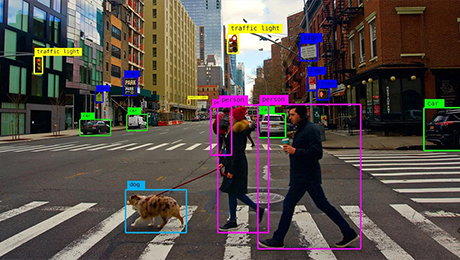
This article explores the role of Artifical Intelligence in enhancing web accessibility tools, especially what AI can do now.
March 31, 2024 | Technical
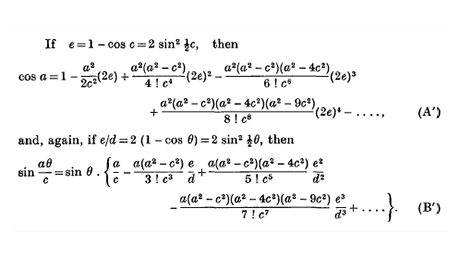
When creating math content for digital consumption, the information, structure, and relationships that are conveyed visually needs to be programmatically determinable.
February 28, 2024 | KnowledgeBase Content, Technical

A calendar of almost 200 conferences and other events around the world of interest to people working in the digital accessibility industry.
January 29, 2024 | Technical

How do different screen readers announce money amounts in web content? Do they recognize and announce correctly the symbols we use to denote currencies? We did some testing to find out.
January 12, 2024 | Technical

Blog Maintenance Update: from today we have subdivided the TPGi blog into two sections: the Business Blog and the Technical Blog.

While their aim is to make information easier to understand, data visualizations can have specific accessibility implications for people with disabilities.
December 18, 2023 | KnowledgeBase Content
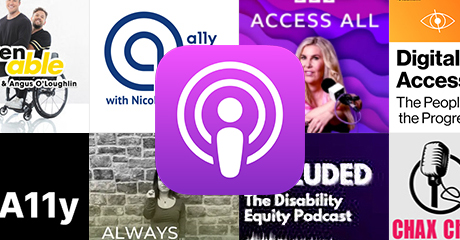
You’ve subscribed to the newsletters and RSS feeds, you’ve expanded your library, but what about digital accessibility podcasts? Ricky Onsman goes audio.
November 14, 2023 | Technical

Digital accessibility books: does anyone still write them? Or read them? You bet they do! Ricky Onsman lists some new titles, some recent releases and some favorites.
November 3, 2023 | Technical
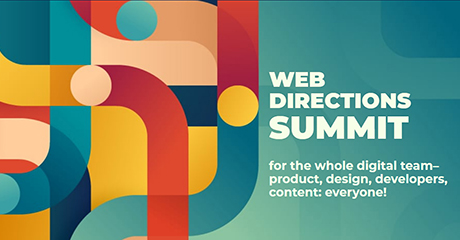
Ricky Onsman reports on Day Two of one of the great web technology conferences, back in live format in Sydney, Australia.
November 1, 2023 | Technical

We sent Ricky Onsman to report on one of the great web technology conferences, back in live format in Sydney, Australia.
October 31, 2023 | Technical

There are a lot of people out there writing important blog posts and email newsletters about digital accessibility. Who should you follow?
October 12, 2023 | Technical
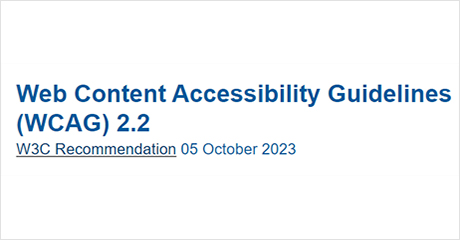
WCAG 2.2 has been published as a W3C Recommendation, which means the latest amendments to the Web Content Accessibility Guidelines are now fully in effect.
October 6, 2023 | Technical
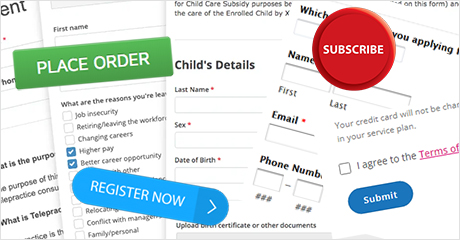
Forms are everywhere on the web. The words we use to tell users how to fill in online forms are very important, and become critical for people with some kinds of disabilities.
October 5, 2023 | Technical

Accessibility overlays are nothing more than Disability Dongles, “contemporary fairy tales that appeal to the abled imagination” and don’t solve real problems while creating new ones.
September 26, 2023 | Technical
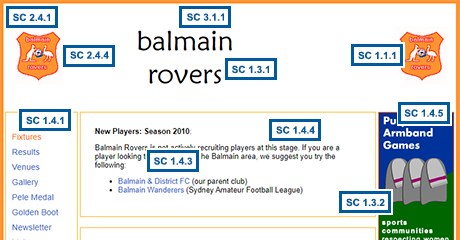
Identifying different kinds of multiple failures and understanding their nature will ultimately help web developers, designers, and content authors create accessible websites, and auditors to provide better guidance when they don’t.
August 14, 2023 | KnowledgeBase Content
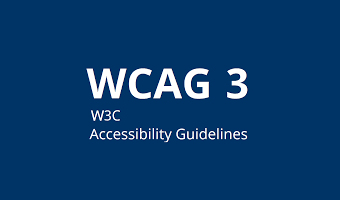
On 24 July 2023, the W3C Accessibility Guidelines Working Group published the latest Working Draft of the WC3 Accessibility Guidelines Verson 3.0. In this blog post, we’ll look at what changes this latest draft brings to WCAG3.
August 10, 2023 | Technical

Numbers are a key part of web content. It makes sense, then, that when we use numbers, they must be accessible.
July 10, 2023 | KnowledgeBase Content

Part Two of an edited transcription of the presentation delivered by Hans Hillen (in person) and Ricky Onsman (via video) on 15 March at CSUN 2023, in which they share some of their experiences setting up the TPGi Knowledge Center.
April 24, 2023 | ARC Platform, KnowledgeBase Content, Technical